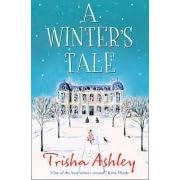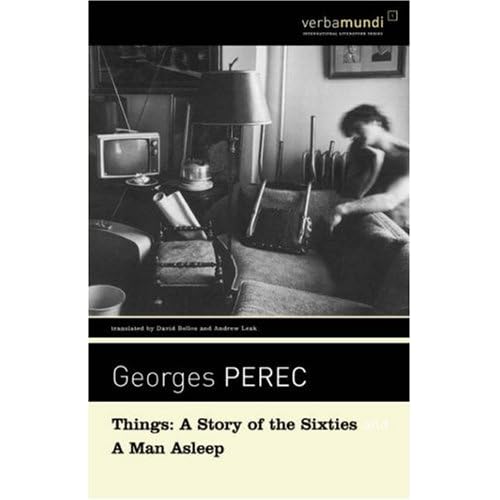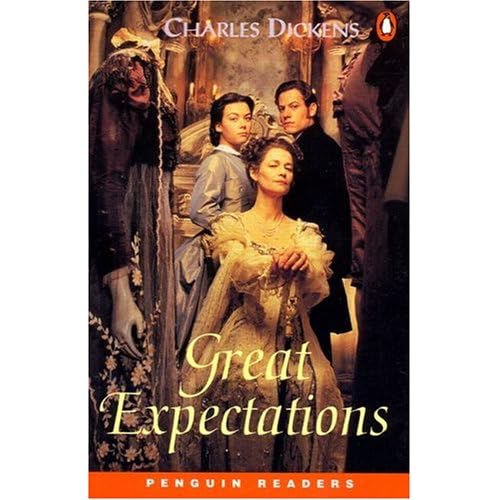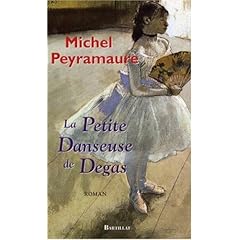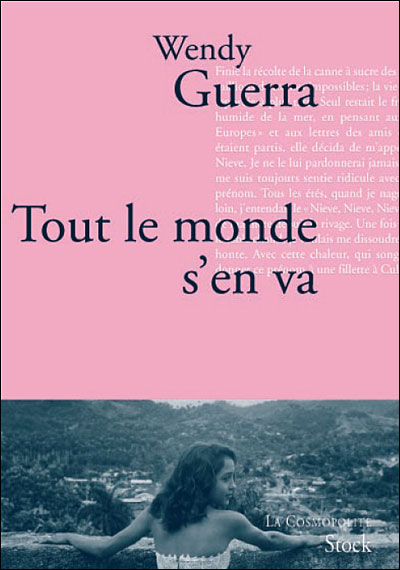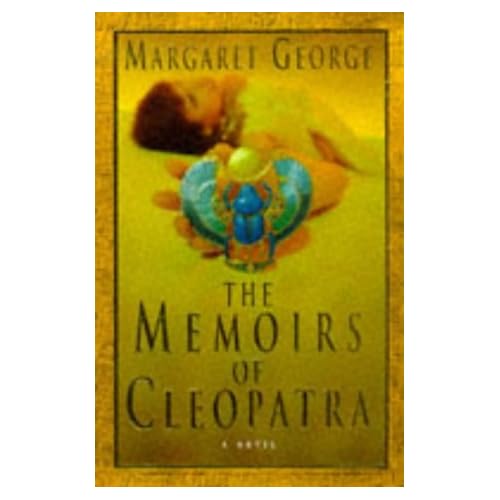
--The blurb--
"The story of Cleopatra, Queen of the Nile. This saga of ambition, power and passion is told in the first person, from the queen's earliest memories of her father's tenuous rule to her own reign over one of the most glittering kingdoms in the world."
from www.amazon.co.uk
--The review--
The story of Cleopatra is a tale that has held the general public for generations, not only through Shakespeare's "Antony and Cleopatra" but also through the medium of film in particular. Margaret George addresses what most would consider an insurmountable task in documenting a fictionalised (though heavily based on deep research) version of Cleopatra's entire life, from that as a child ruler to the moment of her death. The result is over a thousand pages long, and yet despite this it is not difficult to read. It is written in accessible language and yet pays suitable homage to the rollercoaster of facts and emotions.
The author has clearly undertaken considerable research in order to bring this magnum opus to completion, but it is not only George's manipulation of facts that make this novel a success: it is her ability to 'become' Cleopatra and express appropriate emotions so vividly, allowing the reader to vicariously experience the same. This, perhaps inevitably, means that the novel is (intentionally) biased, and I would be interested to see an effort from George on the life of Octavian (later Caesar Augustus), Cleopatra's rival, in order to consider a picture of this time of history in even greater depth.
The novel also does not fall into the perhaps obvious trap of being a narcissistic portrait of the Queen of the Nile. It is realistic, acknowledges flaws, and besides this, has the quality of making the reader feel equally deeply for Cleopatra's children and aides, who all have very real personalities that George has successfully fleshed out from the available facts. Plot and character are not the author's only talents: rather than riding the novel out on the magnificent story alone, George writes incredibly well, introducing vividness with all five senses and in every conceivable scenario, whether Cleopatra is giving birth, riding on a boat through foetid marshes or surrounded by the splendour of her palatial home. Despite the novel's length, the reader is able to simply float through the story and relish in the high-quality prose: it is in no way a chore.
Interestingly, despite these admirable and positive qualities in George's writing, her work is little-known in Britain, with readers turning instead to the works of Philippa Gregory and Robert Harris. While the great British public's devotion to these novelists is not without good reason, it seems a shame for George's work to be so underrated. However, since she will soon be releasing a novel based on the latter part of the life of Elizabeth I, Britain's fascination for all things Tudor could mean that this is George's big British break. Better late than never.
Other works by Margaret George
The Autobiography of Henry VIII: With Notes by His Fool, Will Somers (1986)
Mary Queen of Scotland and the Isles (1992)
Mary, Called Magdalene (2002)
Helen of Troy (2006)
